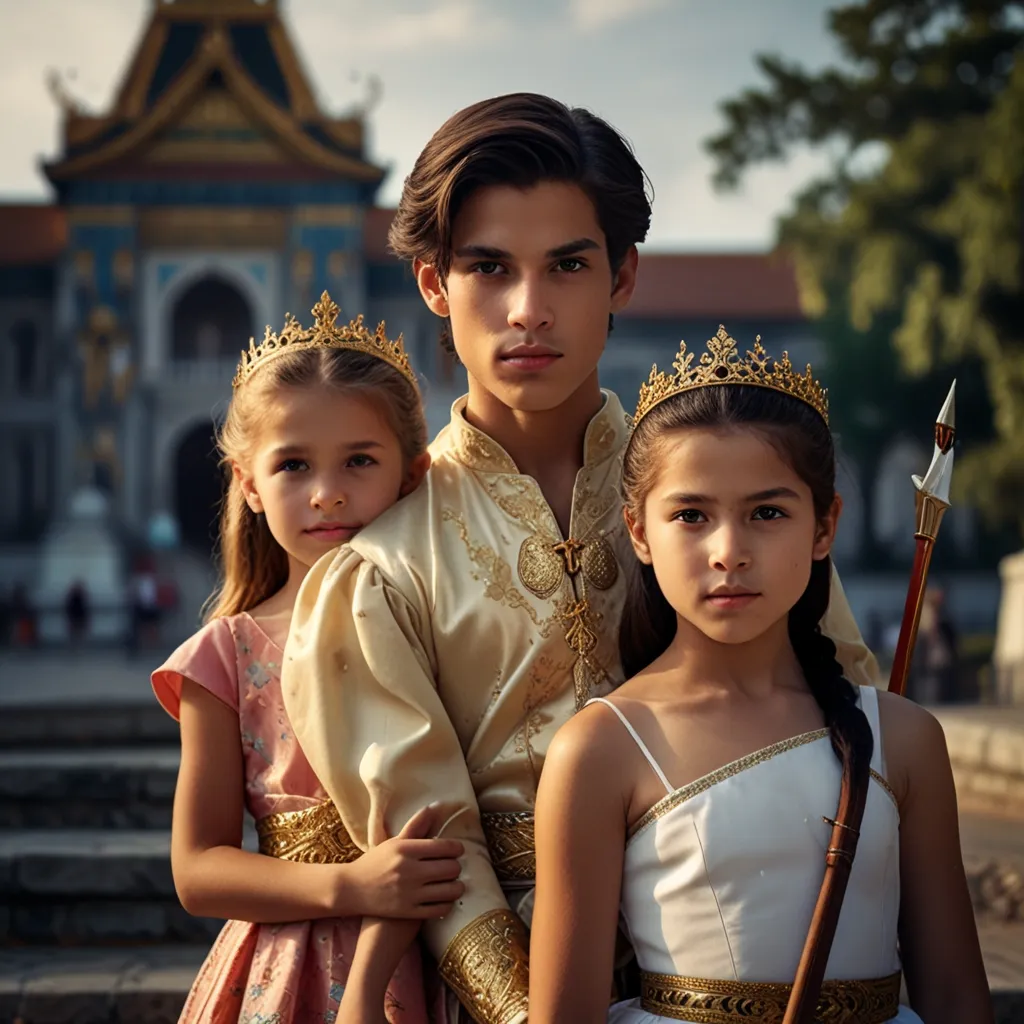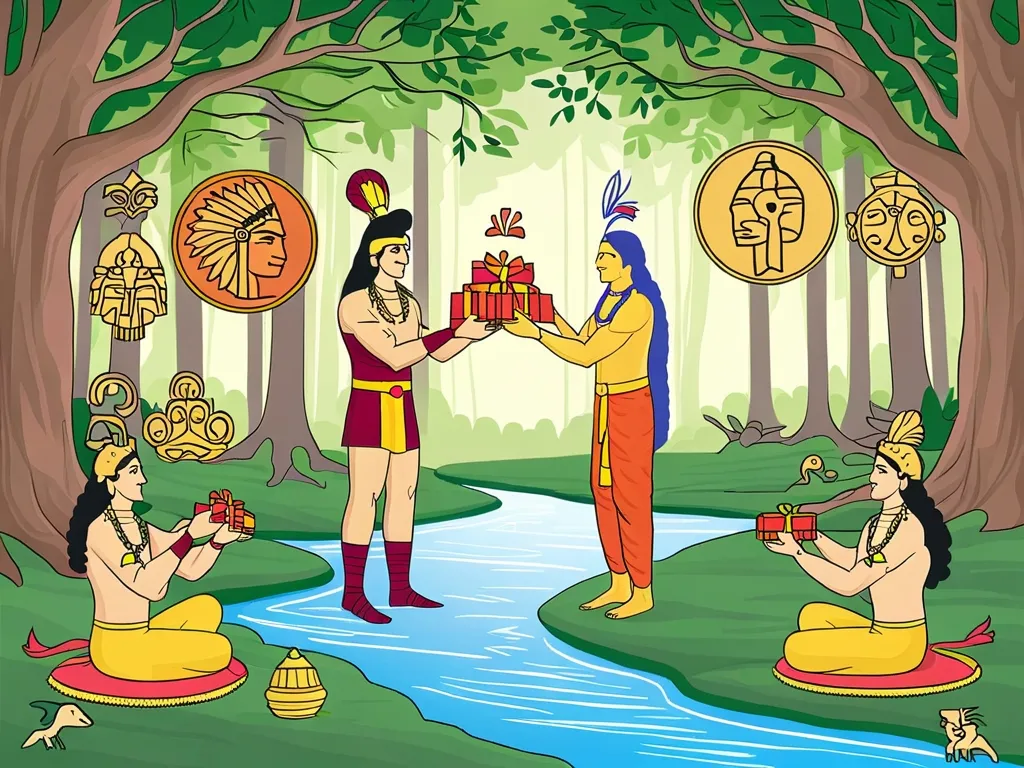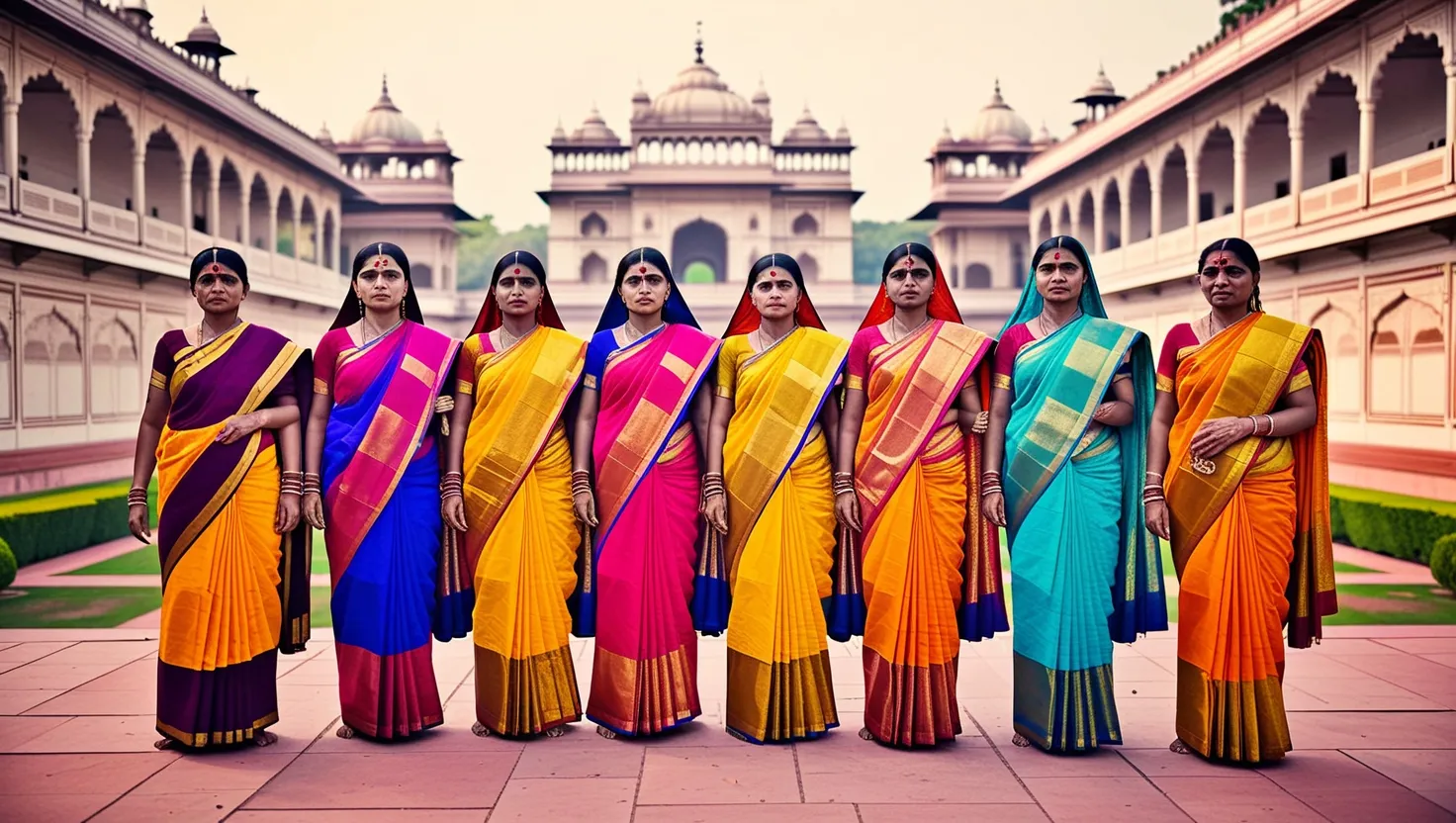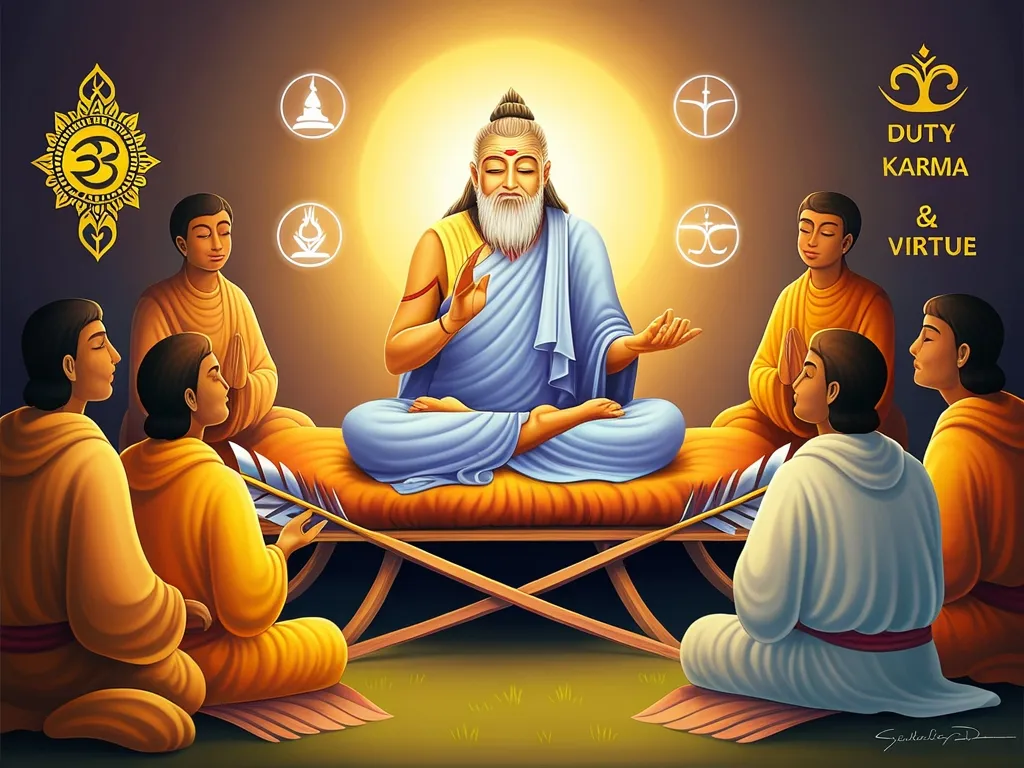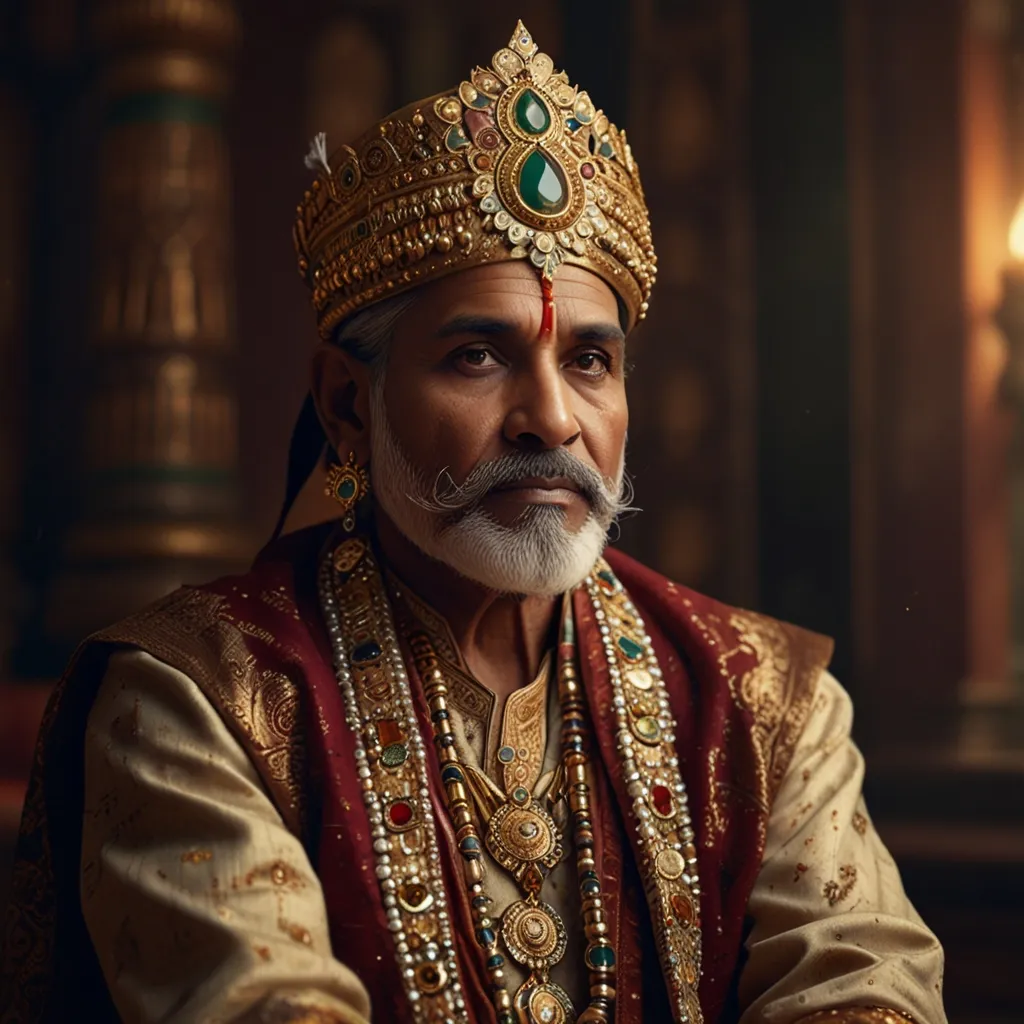Vichitravirya’s tale is one that blends grandeur with deep tragedy, setting off a chain of events that changed the course of the Kuru dynasty forever. Born as the youngest son of Queen Satyavati and King Shantanu, Vichitravirya was part of a powerful and influential lineage, and his story intersects with the grand epic of the Mahabharata, which explores human complexity and the ripple effects of our actions.
After the death of his elder brother Chitrangada, who had ascended to the throne after their father, Vichitravirya found himself next in line. Chitrangada was killed in a fierce battle against the king of the Gandharvas, and with this tragic loss, Bhishma, their half-brother known for his exceptional valor, crowned Vichitravirya as the new king. Though just a child at the time, Vichitravirya would soon come to be known for his charm and his deep love for his wives.
A critical player in this story is Bhishma, who despite his vow of celibacy, took it upon himself to secure the future of the Kuru dynasty. He arranged the marriage of Vichitravirya to the gorgeous daughters of the king of Kashi, Ambika and Ambalika. This union was celebrated through a grand svayamvara, a traditional ceremony where Bhishma’s strength and valor won the hearts of the princesses, cementing alliances and securing the kingdom’s future—or so it seemed.
Vichitravirya’s life with Ambika and Ambalika was like a fairy tale initially. His homes were filled with love and passion. He adored his wives deeply, and they reciprocated these feelings. But this intense love affair took a toll on his health. Vichitravirya’s excessive indulgence in his marital pleasures led him to neglect his well-being, and ancient texts point to this imbalance as the root cause of his tragic demise. Ayurveda, an ancient system of medicine, suggests that excessive attachment and indulgence can lead to imbalances in bodily humors, contributing to various illnesses, including what was described back then as consumption or tuberculosis.
Despite the best efforts of his physicians and friends, Vichitravirya’s health deteriorated rapidly. After seven years of what appeared to be a joyful marriage, he fell grievously ill and eventually passed away, leaving behind no heirs to the throne. This sudden death without a successor threw the Kuru dynasty into a severe crisis.
With Bhishma committed to his vow of celibacy, he couldn’t father any children to continue the royal lineage. The solution to this regal dilemma came through the age-old practice of niyoga, where a widow could bear children with a designated male relative. In Vichitravirya’s case, the chosen man was none other than his half-brother, the wise and spiritually profound sage Vyasa.
Vyasa, known for his incredible wisdom, was summoned to father children with Vichitravirya’s widows. Ambika, the elder, bore Dhritarashtra, who was born blind. Ambalika, the younger widow, gave birth to Pandu, who had leucodermia, a skin condition. Additionally, a maid involved in this practice bore Vidura, who later became an integral advisor to the Kuru kings.
The offspring from these unions were pivotal to the future of the Kuru dynasty. Dhritarashtra, despite his blindness, ruled Hastinapura and fathered the Kauravas. Pandu fathered the Pandavas, while Vidura, renowned for his wisdom and fairness, guided both Dhritarashtra and Pandu through numerous challenges.
Vichitravirya’s life and subsequent demise serve as powerful reminders of the intricacies of human existence and the far-reaching consequences of our deeds. His excessive indulgence and lack of moderation led to his premature death and the resulting chaos in the Kuru dynasty. However, the kingdom endured, thanks to the foresight and wisdom of Bhishma and Vyasa.
In the grand narrative of the Mahabharata, Vichitravirya’s story might seem like a small thread, but it is one of immense significance. It underscores the importance of balance and moderation in life while highlighting human resilience and the ability to adapt to change. His legacy, mired in both grandeur and tragedy, continues to inspire, offering timeless lessons on the power of love, duty, and wisdom.
